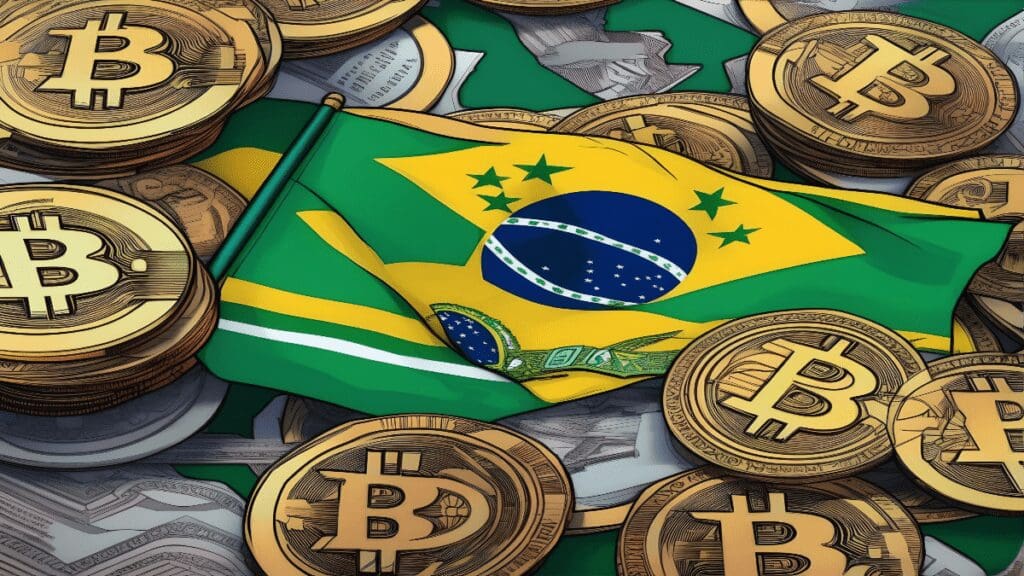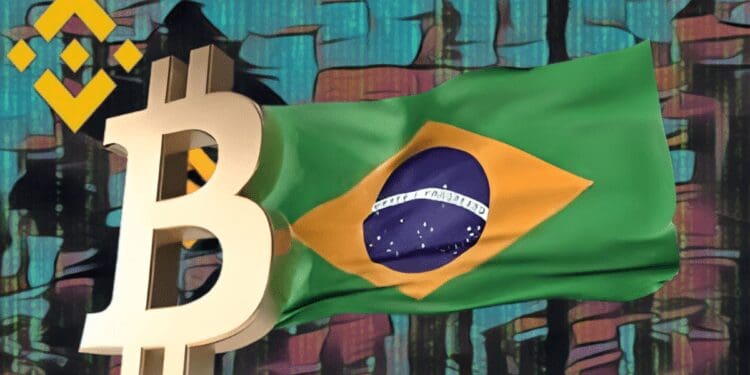Binance, the world’s leading cryptocurrency exchange, has reached a $1.76 million settlement with Brazilian authorities, concluding a year-long investigation into the platform’s unauthorized derivatives trading activities in the country. This resolution marks a critical step in Binance’s ongoing efforts to address regulatory challenges globally.
Binance’s Regulatory Struggles in Brazil
The conflict between Binance and Brazil’s financial regulators began in July 2020 when the Brazilian Securities and Exchange Commission (CVM) ordered the exchange to cease offering derivatives trading services in the country. The CVM argued that Binance was operating as a securities intermediary without the necessary authorization, a violation of Brazilian law. Failure to comply would have resulted in a daily fine of 1,000 real.
In an attempt to resolve the issue, Binance initially offered a settlement of 2 million real ($370,000) in August 2023. However, the CVM rejected this proposal, deeming it insufficient given the severity of the allegations. It wasn’t until February 2024, after further negotiations, that Binance agreed to a revised settlement of 9.6 million real ($1.76 million). This amount was finally accepted by the CVM, bringing the investigation to a close.
In a statement, the CVM highlighted that Binance had engaged in securities operations for Brazilian residents without being registered or obtaining the necessary exemptions. The settlement does not admit guilt but resolves the regulatory dispute, allowing Binance to continue its operations in Brazil under the scrutinized framework.

A Pattern of Regulatory Challenges
This incident is not an isolated one for Binance, which has faced similar regulatory hurdles in other countries. In recent months, the exchange has been fined $2.25 million by India’s Financial Intelligence Unit for non-compliance with anti-money laundering regulations. Additionally, Canada imposed a $4.4 million fine on Binance for failing to report large transactions and not registering as a Financial Market Services Business (FMSB).
These challenges highlight the ongoing friction between cryptocurrency platforms and regulators worldwide as governments tighten their grip on the fast-evolving digital asset space. Binance, in particular, has been at the forefront of these disputes, often finding itself in the crosshairs of regulatory bodies.
Also Read: Brazil’s New Tax Law Targets Overseas Crypto Profits, 15% Levy Effective from 2024
Rising Crypto Adoption Amid Economic Instability in Brazil
Despite the regulatory hurdles faced by major exchanges like Binance, cryptocurrency adoption in Brazil continues to rise. Economic instability, characterized by high inflation and a depreciating currency, has driven many Brazilians to seek refuge in digital assets. By 2021, approximately 8% of the Brazilian population had invested in cryptocurrencies, placing the country among the top 15 globally in crypto adoption rates.
Brazil’s financial ecosystem has also evolved significantly, with the government introducing innovative payment solutions like the Pix system in 2020. This platform has facilitated easier access to digital transactions, further accelerating the adoption of cryptocurrencies. As a result, even amid regulatory challenges, local crypto exchanges have seen steady growth, reflecting a broader trend of digital financial inclusion in the country.













Discussion about this post